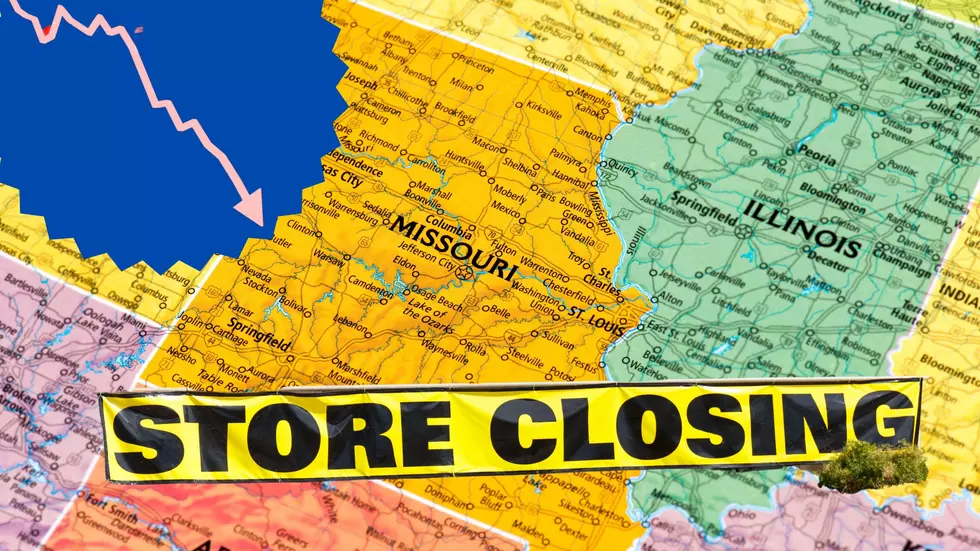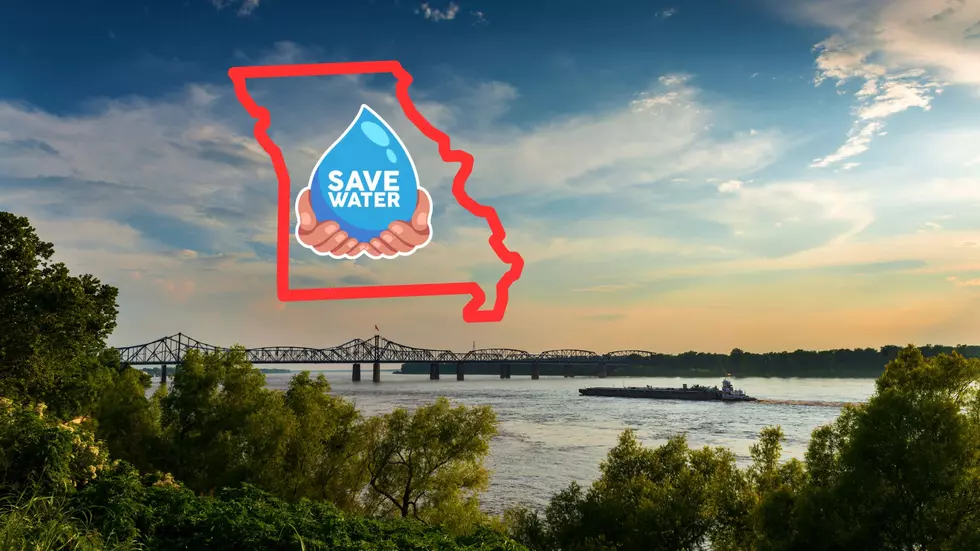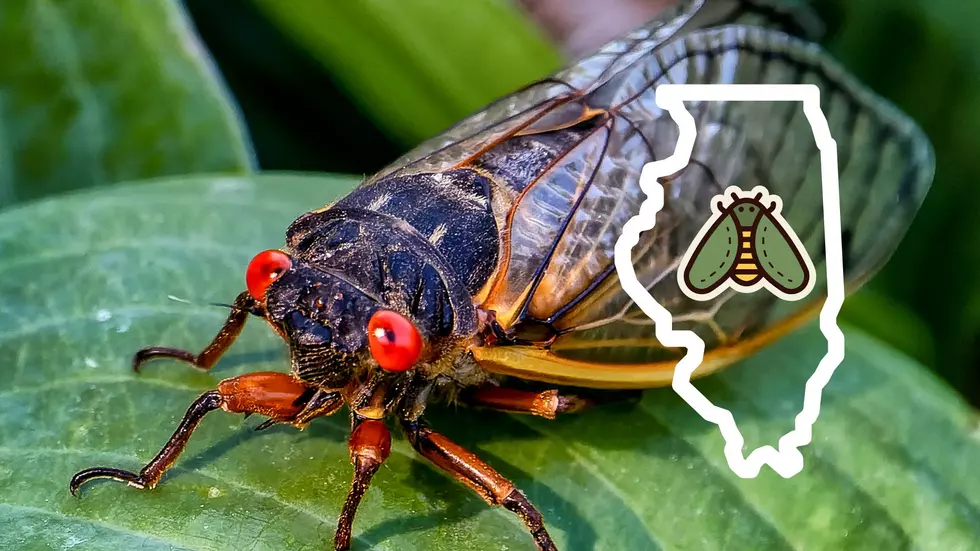
USDA Announces New Drought Efforts
This came to us from Blake Roderick, Executive Director of the Pike County, IL Farm Bureau.
Agriculture Secretary Tom Vilsack today announced new flexibility and assistance in the U.S. Department of Agriculture's major conservation programs to get much-needed help to livestock producers as the most wide-spread drought in seven decades intensifies in the United States.
Vilsack also announced plans to encourage crop insurance companies to provide a short grace period for farmers on unpaid insurance premiums, as some farming families can be expected to struggle to make ends meet at the close of the crop year.
The assistance announced uses the Secretary of Agriculture's existing authority to help create and encourage flexibility within four USDA programs: the Conservation Reserve Program (CRP), the Environmental Quality Incentives Program (EQIP), the Wetlands Reserve Program (WRP), and the Federal Crop Insurance Program.
Conservation Reserve Program (CRP)
To assist farmers and ranchers affected by drought, Vilsack is using his discretionary authority to allow additional acres under CRP to be used for haying or grazing under emergency conditions. The action today will allow lands that are not yet classified as "under severe drought" but that are "abnormally dry" to be used for haying and grazing. This will increase available forage for livestock. Haying and grazing will only be allowed following the local primary nesting season, which has already passed in most areas. Especially sensitive lands such as wetlands, stream buffers and rare habitats will not be eligible.
Environmental Quality Incentives Program (EQIP)
To assist farmers and ranchers affected by drought, Vilsack is using his discretionary authority to provide assistance to farmers and ranchers by allowing them to modify current EQIP contracts to allow for prescribed grazing, livestock watering facilities, water conservation and other conservation activities to address drought conditions.
Wetlands Reserve Program (WRP)
To assist farmers and ranchers affected by drought, Vilsack is using his discretionary authority to authorize haying and grazing of WRP easement areas in drought-affected areas where such haying and grazing is consistent with conservation of wildlife habitat and wetlands.
Federal Crop Insurance Program
To help producers who may have cash flow problems due to natural disasters, USDA will encourage crop insurance companies to voluntarily forego charging interest on unpaid crop insurance premiums for an extra 30 days, to November 1, 2012, for spring crops. Policy holders who are unable to pay their premiums in a timely manner accrue an interest penalty of 1.25 percent per month until payment is made. In an attempt to help producers through this difficult time, Vilsack sent a letter to crop insurance companies asking them to voluntarily defer the accrual of any interest on unpaid spring crop premiums by producers until November. In turn, to assist the crop insurance companies, USDA will not require crop insurance companies to pay uncollected producer premiums until one month later.
For additional information and updates about USDA's efforts, please visit www.usda.gov/drought.
More From KHMO-AM 1070, News-Talk-Sports









